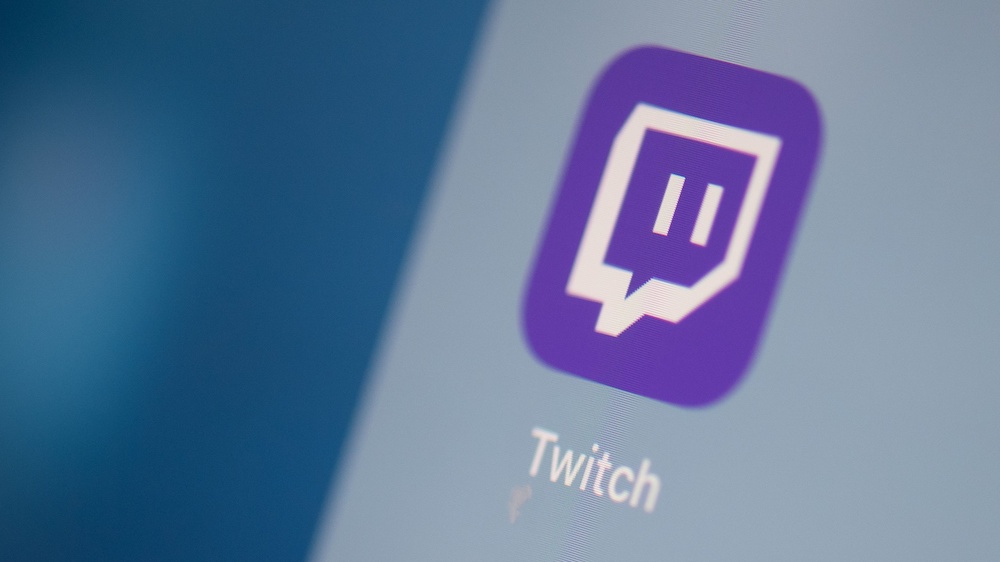If you’re interested in sharing your opinion on any cultural, political or personal topic, create an account here and check out our how-to post to learn more.
Opinions are the writer’s own and not those of Blavity's.
____
From Tiktok to Twitter to Reddit, social media platforms have still done little to put an end to the racist hate speech targeting Black creators. Recently, Black Twitch creators staged a digital walkout in response to the streaming platform’s lack of protection for and harm against Black users.
After years of experiencing racist harassment from other users and bots, a group of Black Twitch creators have finally had enough. On August 13, Twitch user Kayla Bolden tried to host a digital “Stand Up to Cancer” charity livestream event that was almost immediately infiltrated by nearly 400 follow bots berating Kayla with racial slurs and hate language. For Black creators, this was not an isolated event — other Black streaming users shared their support for Bolden and similar experiences with the platform’s “hate raids,” a tactic where streamers’ profiles are flooded with hateful messages from users or bots.
Partnering with fellow Twitch streamer Jessica Buffett and a group of other Black creators, Kayla launched #TwitchDoBetter, a campaign to demand Twitch addresses the racism on their platform and finally takes accountability for not doing enough to stop racist harassment.
Join us in demanding Twitch ensure protections for Black creators against hate speech.
Racist targeting on tech platforms is not something Black communities are unfamiliar with. Last month, TikTok creators on the platform’s Creator Marketplace were banned just for having the word “Black” in their profile. Exclusive, anti-Black policies are ingrained in the nature of so many online platforms. As a result, these companies have allowed hate speech and white nationalist organizing to run rampant on social media — enacting violence against Black creators in the process.
This has become an unacceptable, recurring problem for tech platforms. Every month, there is a new scandal or exposé on the deeply entrenched racism of these digital spaces. Twitch’s recent negligence in allowing hate speech follows a long line of “mistakes” and “slip-ups” from platform designers and managers that directly harm Black people. So, what is actually being done to change this?
Tech platforms think dedicating a month to “celebrate Black brilliance” will effectively eradicate the racism rooted in the practices and products. Last year, Twitch CEO Emmett Shear ensured his “renewed commitment to business not as usual” and dedication to make Twitch the “safest place on the Internet,” but the continued neglect has obviously undermined those promises.
Black creators, driving so much of modern culture, have generated so much opportunity through the Internet: finding and building niche communities, determining trends and pioneering ideas to monetize their authentic selves in ways that systems offline have limited. Online targeting and hate speech are a direct attack on these opportunities that are so important to Black creators and their communities.
Black people deserve to be protected online as much as they do offline.
These bold creators have already voiced their experiences and continue to mobilize so the injustices they’ve experienced will be addressed. Now, we have the power to demand their needs be met, hate speech online ends and tech corporations take actionable steps to eradicate racism from their platforms. Acknowledging their history of harm is one thing, but a comprehensive racial equity audit of tech corporations’ policies and products is a necessary next step.
Twitch has an opportunity to listen to some of their most influential creators on their platform and a responsibility to make adjustments that guarantee safety for all of their users. Prioritizing racial justice for Black users creates a more equitable platform for everyone involved and a digital space rooted in justice. Platforms can and will say they’re committed to racial justice, but until we see true equity enacted into the fabric of their platform, we’ll keep pushing for Black creators’ voices to be heard.

